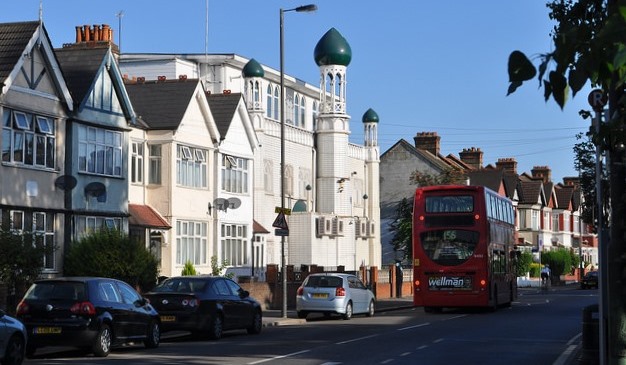
Tariq Modood, Professor of Sociology, Politics and Public Policy, University of Bristol
The Brexit referendum result was a shock. Especially surprising – given that the whole exercise was as a result of the divisions within the Conservative Party – was the fact that about 30% of those who voted Labour in 2015 voted Leave. It is clear that the Leave vote disproportionately consisted of those without a degree and over the age of 45. Equally over-represented in the Leave vote in England were those who say they are more English than British or only English and not British.
There is some reason to suppose that this new and rising English nationalism is anti-immigration, and even worse – given that England is a highly diverse country – anti-multiculturalist. While it is worrying that the Brexit result seems to have led to an uptick in racial abuse and harassment, there is no reason to suppose that English nationalism and multiculturalism must be opposed to each other.
To many, multiculturalism as a political idea in Britain suffered a body blow in 2001. In the shock of 9/11 terrorism and after race riots in some northern English towns, many forecastthat its days were numbered. If these blows were not fatal, multiculturalism was then surely believed to have been killed off by the 7/7 attacks in London in 2005 and the terrorism and hawkish response to it that followed. But this is far too simplistic.
And today, a multicultural identity among some ethnic minorities could help to create more of a sense of “British identity” among the English.









